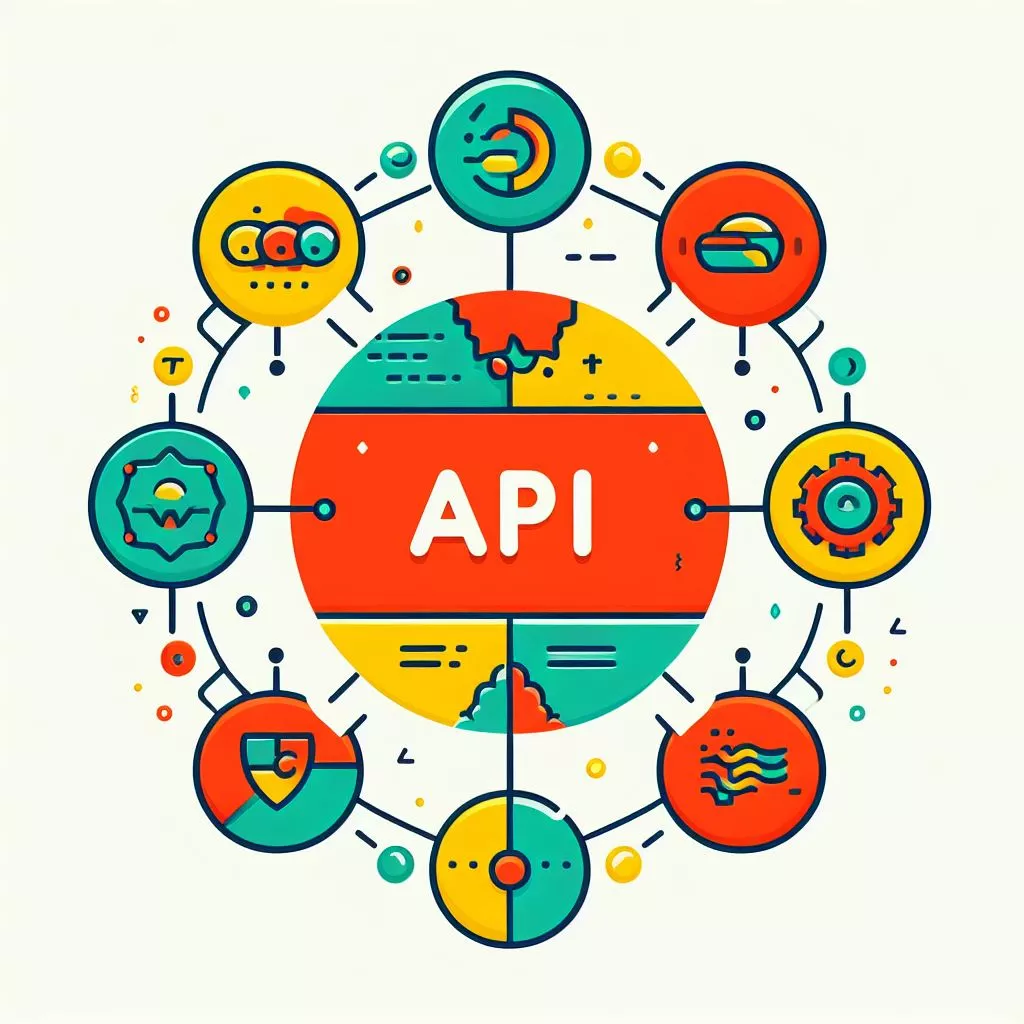
APIs are the building blocks of modern software development. They enable applications to communicate with each other and exchange data, functionality, and services. However, APIs also pose significant challenges for developers, such as security, performance, scalability, reliability, and documentation. That’s why adopting internal and external API management is crucial for any organization that wants to leverage the power of APIs and deliver value to its customers and stakeholders.
Internal API management refers to the process of designing, developing, testing, deploying, and maintaining APIs that are used within an organization or a specific business unit. Internal APIs are typically not exposed to the public or third-party consumers, but they still need to follow best practices and standards to ensure quality and consistency. Internal API management helps developers to create reusable and modular APIs that can be easily integrated across different applications and platforms. It also helps to monitor and troubleshoot API performance, usage, and errors, as well as to enforce policies and governance for API access and security.
External API management refers to the process of exposing APIs to external consumers, such as customers, partners, or developers. External APIs are usually designed to provide a specific functionality or service that adds value to the consumer’s application or business. External API management helps developers to publish, document, and promote their APIs to attract and retain consumers. It also helps to protect and secure the APIs from unauthorized or malicious access, as well as to optimize and scale the API infrastructure to handle high demand and traffic.
Both internal and external API management require a robust and flexible API gateway that acts as a single point of entry for all API requests. An API gateway is responsible for routing, transforming, validating, authenticating, authorizing, caching, throttling, logging, and monitoring all incoming and outgoing API calls. It also provides features such as load balancing, fault tolerance, service discovery, versioning, rate limiting, analytics, and more.
There are many options for choosing an API gateway solution, but we believe that Kong or Tyk are the best choices for your organization. Kong and Tyk are both open-source, cloud-native, and scalable API gateways that support a wide range of protocols, formats, standards, and plugins. They both can be easily deployed on any environment, such as Kubernetes, Docker, AWS, Azure, Google Cloud Platform, or on-premise. They both offer enterprise-grade features such as security, performance optimization, developer portal, dashboard, analytics, alerting, etc.
Both Kong and Tyk are excellent choices for API management. However, choosing the right solution is not enough. Organizations also need to implement and manage their chosen solution effectively and efficiently. That’s where we come in.
We can help you to design your APIs using best practices and tools such as OpenAPI Specification (OAS), which are widely used standards for describing RESTful APIs. We can also help you to migrate your existing APIs from legacy systems or platforms to Kong or Tyk using tools such as Apimatic Transformer or Postman Collections. We can also help you to test your APIs using tools such as Postman.
We are confident that we can provide you with a comprehensive solution for your internal and external API management needs. We can help you to leverage the benefits of Kong or Tyk API gateways and deliver high-quality APIs that meet your business goals and customer expectations. If you are interested in working with us or want to learn more about our services and expertise, please contact us today.